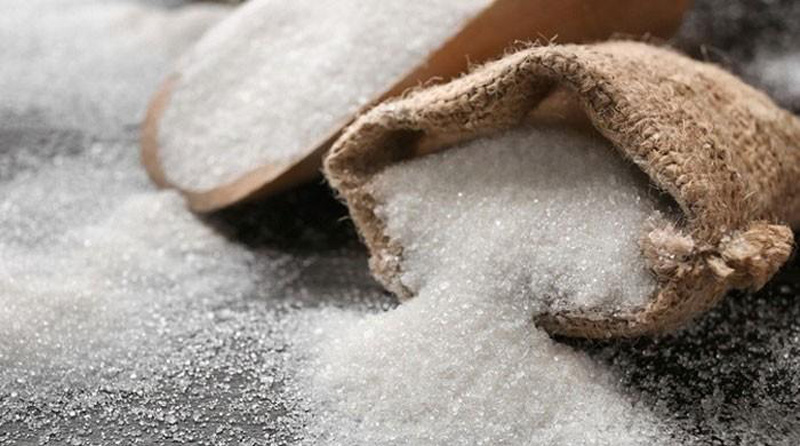 The National Accountability Bureau (NAB) has constituted a combined investigation team to carry out a thorough probe into sugar subsidy scandal.
The National Accountability Bureau (NAB) has constituted a combined investigation team to carry out a thorough probe into sugar subsidy scandal.
The decision was taken at a session chaired by NAB Chairman Justice (r) Javed Iqbal on Friday. According to NAB spokesperson, the team will comprise investigation officers, economic experts and legal consultants. The anti-corruption watchdog has also decided to include experts of sugar industry and additional director in the team which will be headed by NAB Director-General Rawalpindi Irfan Naeem Mangi.
The NAB headquarters will review the progress report of the joint investigation team on a monthly basis. The team has been tasked to collect records of subsidy on sugar from all provinces besides acquiring reports of financial and audit of the relevant companies through the Securities Exchange Commission of Pakistan (SECP).
During the meeting, NAB Chairman Javed Iqbal said that the institution will initiate an indiscriminate and transparent investigation in the sugar subsidy scandal where relevant officials and departments will be given full chance to clarify their positions. He vowed that NAB will take action in accordance with the law against those who illegally received sugar subsidy.
The Sugar Inquiry Commission report had laid bare some startling revelations about how the price of sugar is fixed, how exports of the commodity are faked to avail rebates on sales taxes, and how billions of rupees are overcharged by sugar mills owners. According to sources, the report mentioned in depth how the amount of sugar exported to Afghanistan is routinely inflated to show as if 75 tonnes of the commodity were being exported per truck. However, this is barely possible, given that the maximum capacity of a truck, even when overloaded, does not exceed 30 tonnes.
The scam also seemingly has another purpose: laundering money. If sugar is being exported to Afghanistan, the payment should also be coming in from the same country. There are many ways the sugar mafia can benefit from overstating exports of the commodity to Afghanistan. For one, billions of rupees in subsidy are received from the government for the exports. Secondly, the higher the exports showed on paper, the higher the sales tax rebate a sugar mill owner can claim.
The scam also seemingly has another purpose: laundering money. If sugar is being exported to Afghanistan, the payment should also be coming in from the same country. However, it was found by the commission that many sugar mill owners were receiving telegraphic transfers for payments for sugar sold to Afghanistan from the US and Dubai, therefore seemingly whitening money and earning dollars at the same time.